As the proud owner of a whopping 7/288ths of an olive grove, Nick Theodoulou decided it was high time he went picking
I’ve struck oil on our ancestral land in an obscure Paphos village.
It’s a wonderful feeling – even if the oil is the kind you put on salads and cook with. It won’t make me rich.
But the discovery gave me an inkling of what those hardscrabble Texan farmers must have felt when they were digging water wells and oil jetted out instead.
OK, they had acres of land while I was gathering olives on a field co-owned by bewildering array of aunts, uncles, cousins and other relatives in South Africa, England and Cyprus itself. My personal share is a whopping 7/288ths – which may answer any questions as to why I’ve reached the age of 28 and never previously picked olives.
Even so, I’m convinced that having a sliver of ancient, fertile land in Goudi, my grandfather’s birthplace, is far better than owning a big chunk of barren ground in Texas. And as I discovered, olive picking is hugely satisfying, even addictive.
Especially in such an idyllic setting. Goudi lies in the aptly named Chrysochou valley, which in Greek means the valley of gold.
Bleary-eyed, I dragged myself out of bed last weekend at 6am – on Sunday to the crack of hunting rifles. The crisp, near-dawn drive down the ridge from a village where I was staying near Droushia towards one of the family olive groves a few kilometres away was majestic.
Look over to your left and there’s the Akamas peninsula dipping into the sea – on the right are mountain ridges of the Troodos range rising one above the other, each a different hue of blue.
And there – “in the middle of nowhere” – is one of the family’s fields, bearing a modest but mature 17 olive trees. All are expertly pruned and bursting with green-brown fruit; the decades-old grove in its prime producing period.
There was a handful of us city folk in the orchard tucked behind Goudi, seven kilometres from Polis and about 175km on the fastest road back home to Nicosia.
There are several options for picking olives. The most brutal, and apparently bad for the trees, is to get a long stick and aggressively bash those branches, forcing the olives – plus bits of branches and leaves – to rain down.
The most expensive and efficient is a vibrating, car-battery powered machine on a telescopic handle which shakes the olives off the trees. There are several models to choose from, but the best are from Italy apparently and cost hundreds of euros – not for the occasional olive picker then.
You can pick by hand of course, but that is grossly inefficient if you have many trees.
By far the most satisfying is what I used: an olive ‘comb’. Dragging the rake-like tool along the branch can send up to a dozen olives pinging on to the metal ladder in one go – raining down below, collecting in ever-growing green and purpley-brown piles on the vast nets draped across the ground.
Up in the ladder you get a good vantage point from where to reach out and pull in the higher, drooping branches. It’s easy to get carried away in the rhythm and motion of it all, but there are always more clusters of olives just tantalisingly out of reach. And you want to be thorough; not to waste any.
The wizened and gnarled branches with their silvery-green leaves span out, spattering their riches onto the nets below.
The best is saved for last: drawing the nets up into themselves to create a green, black mass in the centre as all the olives pile up, then funneling them into the crate. The kick is like the one you get from one of those coin waterfall games in a British seaside amusement arcade. The difference is you are always lucky in an olive grove.
The crate goes from empty to full in seconds, an instant hit of dopamine and immediate gratification – seeing an hour’s hard work pay off. And then the next, and the next.
Stacking the crates on the back of the pickup truck feels like loading chests full of booty into the hull of a ship, ready to port at the nearby olive mill.
And the presses, at least in the Paphos district, certainly feel like a pirate’s port. Many of the burly, tanned men arriving in pickup trucks that groan under the weight of olives have extravagant facial hair, seemingly styled to look wild.
There is a penchant for military-looking attire, conveniently supplied by vans selling hunting gear at the olive mills.
It’s also fun to savour the different atmosphere at each mill. The first I tried in Goudi was full of sound and fury, with growling employees rushing around like frantic waiters at understaffed Troodos restaurants on a Sunday lunchtime.
But the most laid back was one I tried in the Nicosia district where we transported our surplus crates. Here the farmers, mostly in their 70s, were older. They were gentlemanly and far more helpful to a novice like me. Few were in military garb; some even sported designer shirts. Shoes rather than boots were the norm.
Even better was the mill’s canteen, which supplied Cypriot coffee free for those waiting for their olives to be pressed. Making himself at home, one farmer went in to toast several slices of village bread, which he drenched in olive oil and sprinkled with salt. He dished it up to our table outside as we basked in the 25-degree sunshine.
Two hours later, a worker called to say my oil was ready. Positioning my 20-litre container beneath a big tap, I watched as the oil poured to the brim. The air was heady with the pungent but not unpleasant smell of waste from the olive pulp and stones.
The mills these days are full of hi-tech machinery. My father remembers pressing olives in Goudi 41 years ago when the technology was thousands of years old – a huge, donkey-powered round stone crushing olives on a wide stone basin.
I loved the shop talk with the old-timers at the mill near Nicosia. They compared notes on how many litres of oil they got from 5 kg of olives and how much various mills charged to press 100 kgs of olives.
Yet my heart and roots are in the Paphos district, and those trees gave us 120 litres of oil. And we’ve still got half the grove to go.

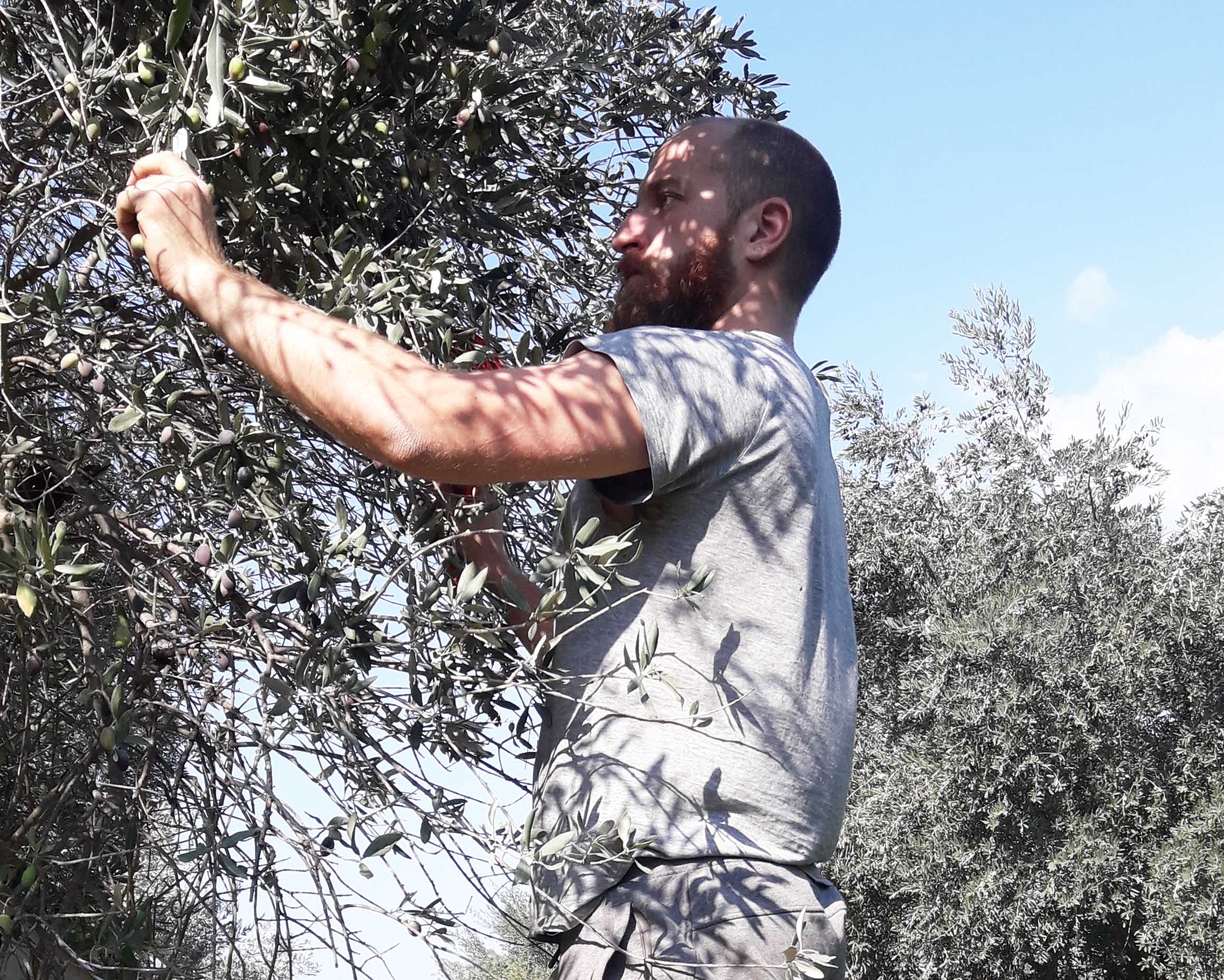
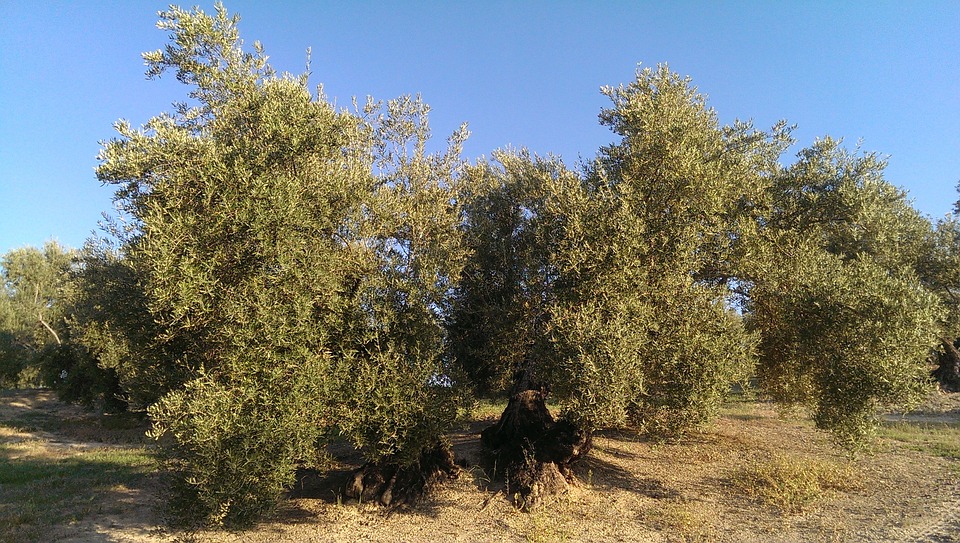
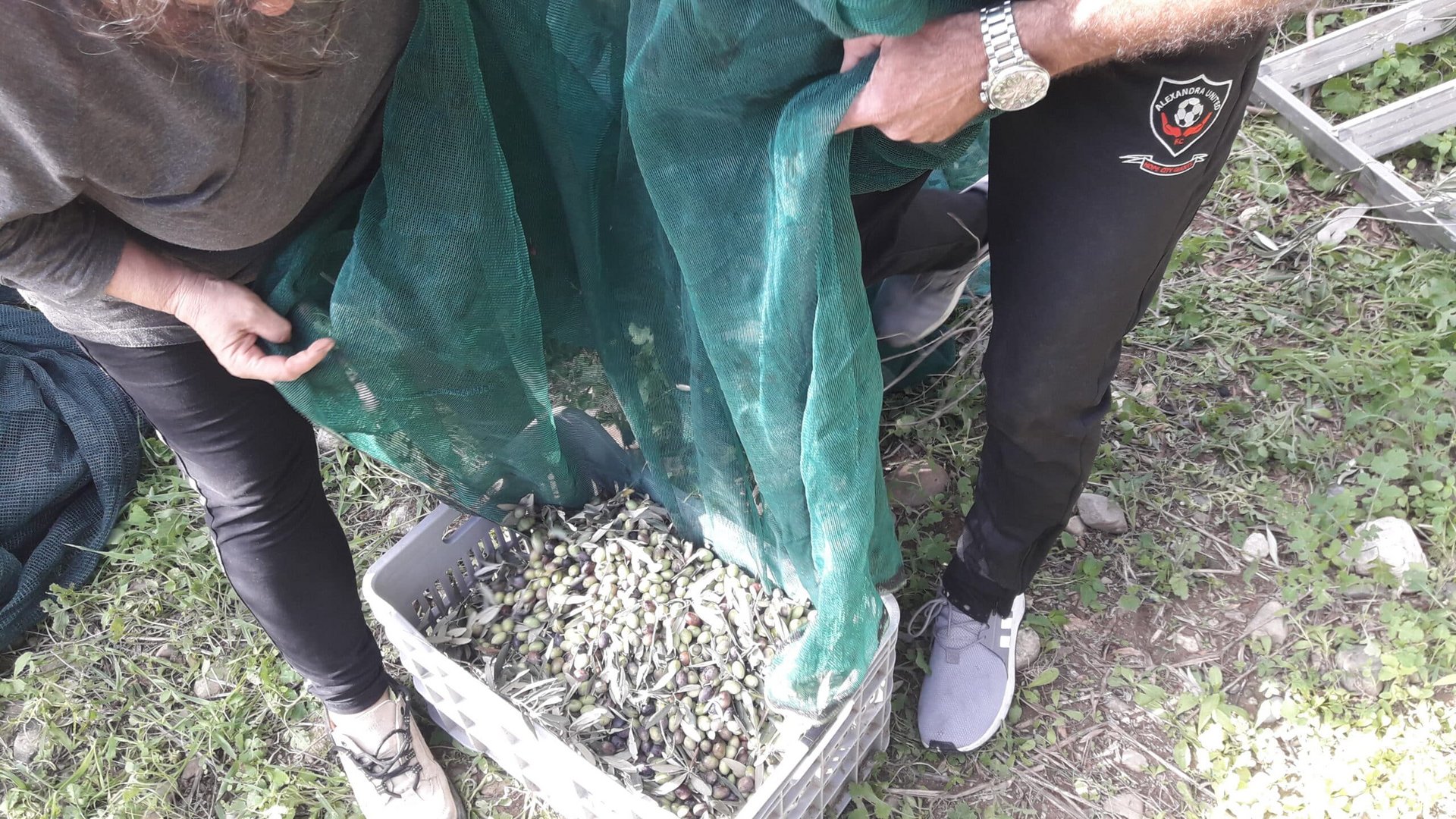
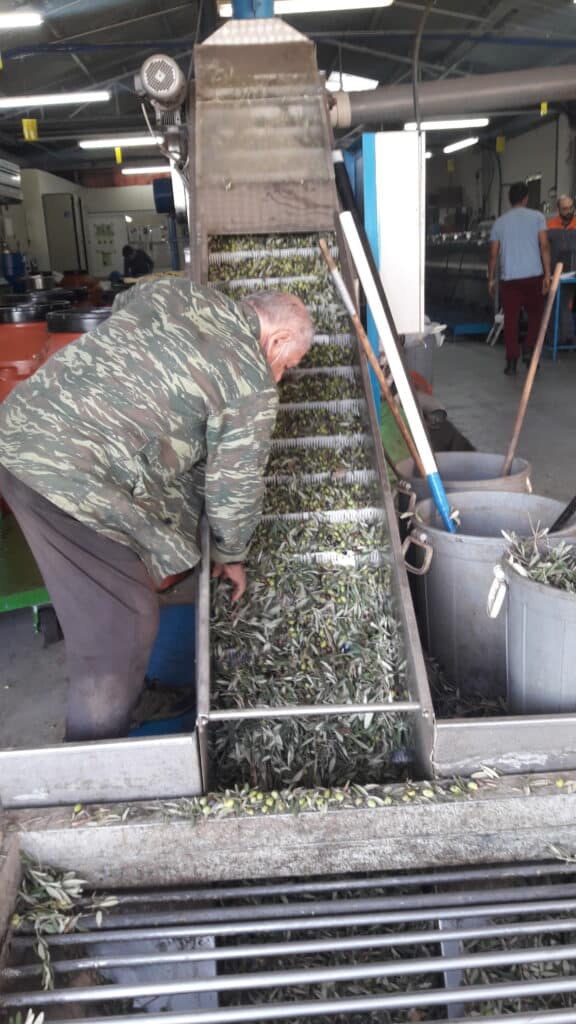
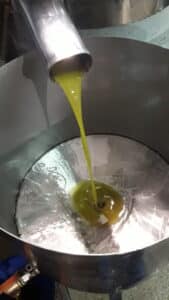
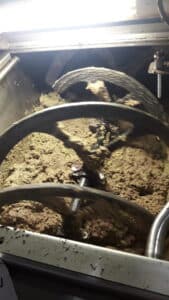
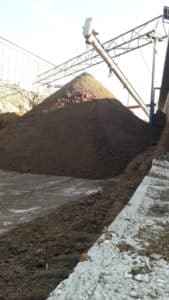





Click here to change your cookie preferences